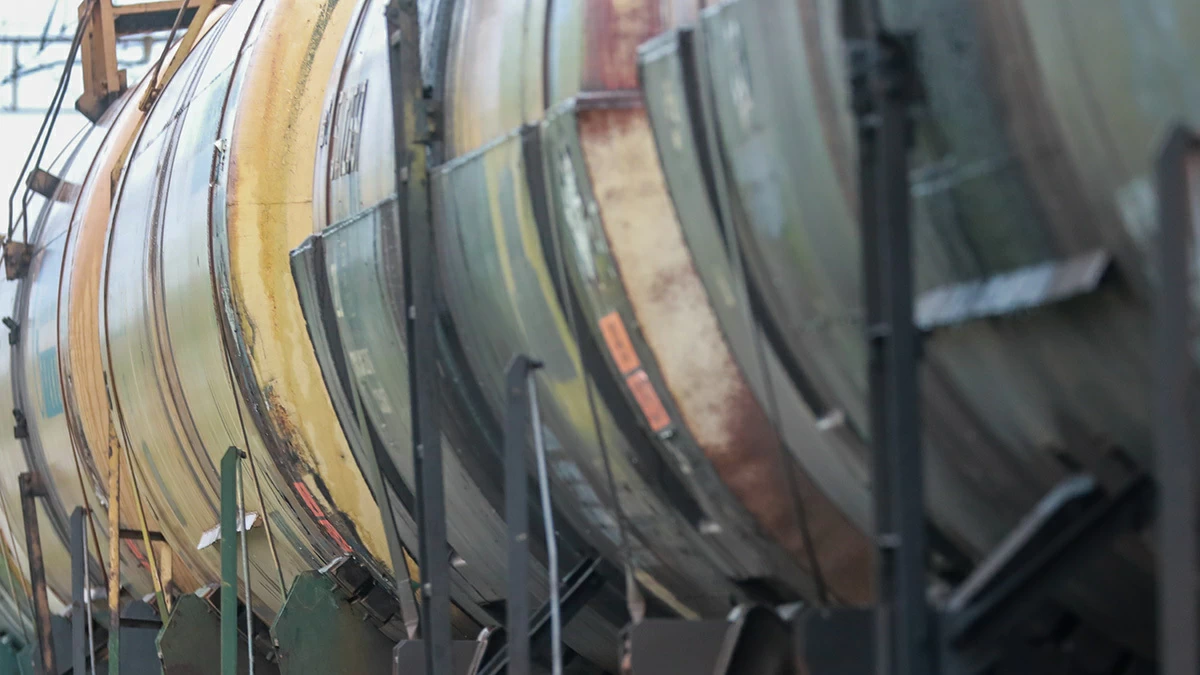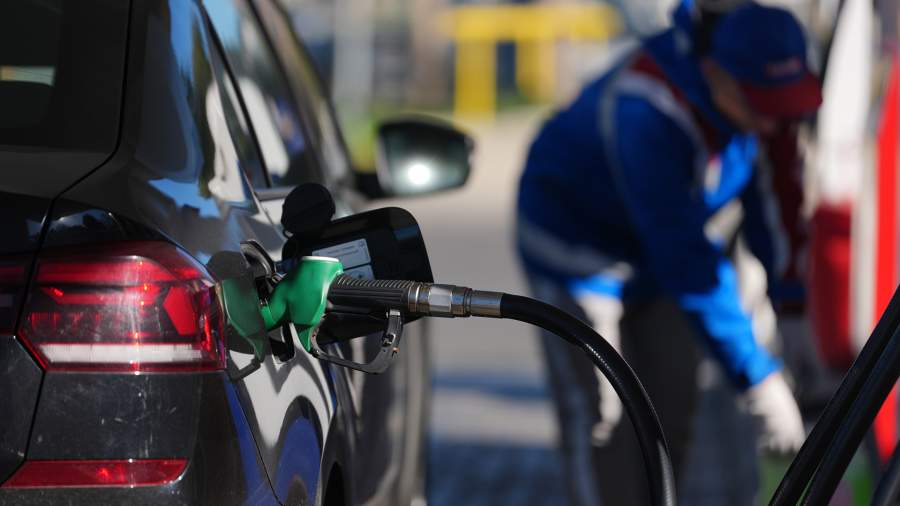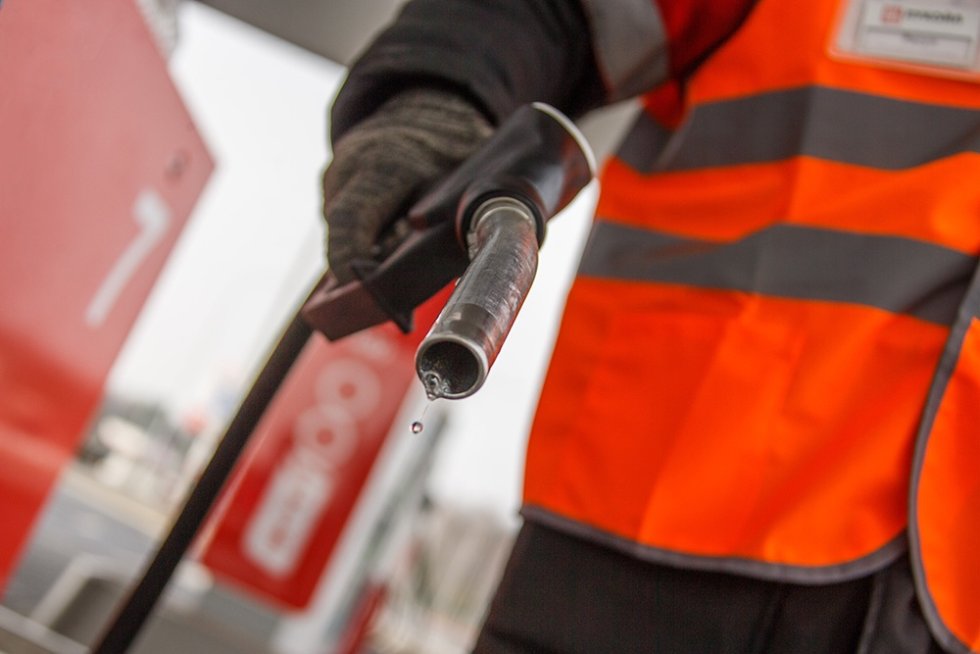Firstly, one can expect an increase in fuel production due to the commissioning of modernised facilities at oil refineries (ORFs). This possibility was previously mentioned by Deputy Prime Minister Alexander Novak. The supply in the market will increase, the frenzied demand will decrease, and prices are expected to fall. But this has not yet occurred.
Secondly, a complete ban on diesel exports, including for producers, is possible. Diesel is produced in Russia at twice the volume consumed, with the surplus exported. While a shortage of DF in Russia is unlikely, its export is a significant revenue stream for oil companies, and a ban could serve as an ultimatum to compel them to take measures to ease tensions in the domestic market.
Furthermore, as Novak indicated, the situation regarding gasoline in certain regions is being handled "manually." This means that local authorities may implement various emergency measures — from freezing maximum prices to limiting sales volumes. There is also the option to adjust mandatory fuel sales volumes through the exchange, which could significantly increase the supply in the wholesale market.
On the other hand, a more flexible approach could be taken to negotiate with oil companies, similar to the arrangements made in 2018 before the introduction of the damping mechanism (a budget compensation for oil companies for supplying fuel to the domestic market at low prices, which has been in effect since 2019). Currently, oil refineries are not expected to receive damping payments for gasoline for August and September. However, the idea of adjusting the damping mechanism to ensure companies do not lose compensation has been proposed, and this was even endorsed by the Ministry of Finance — a department that is generally reluctant to incur additional budget expenses.
Nevertheless, as explained to "RG" by Yuri Stankevich, Deputy Chairman of the State Duma Energy Committee, if the State Duma passes the government’s bill expanding the price range for receiving the damping mechanism (an increase of 20% to the maximum price), oil companies will likely receive payments for gasoline for September. The average price per tonne did not exceed 72,100 roubles (the stop-price).
Increasing the supply of fuel can also be achieved through imports from China, Belarus, and Kazakhstan.
It could be argued that only a week has passed since the export bans were implemented, which may explain why there have not yet been noticeable changes in retail for petrol stations. The stock market, however, reacts instantly and takes into account the information environment, and so far, there has been no reaction. Moreover, the export of gasoline has been fully banned since August, but this has not yielded results.
On the stock exchange, the price of AI-92 gasoline has for the first time in history surpassed 74,000 roubles per tonne, AI-95 is very near the 80,000 roubles per tonne mark, and diesel prices reached another record high, climbing to 72,669 roubles per tonne on 7th October. In retail, according to Rosstat data, gasoline inflation is outpacing consumer inflation by more than twofold by the end of September (9.7% compared to 4.29%), while diesel has almost caught up (3.7%). Diesel prices have risen by 1.1% at petrol stations over the last two weeks. If this trend continues, it is expected to match inflation within this week. According to the Moscow Fuel Association (MTA), from 27th September to 6th October, diesel prices at capital petrol stations increased by an average of 35 kopecks (0.48%). New data from Rosstat will be released on the evening of 8th October.
Stankevich believes the reason for the rise in fuel prices on the stock exchange is directly correlated with the intensity of drone attacks on Russian oil refineries. The September indices support this assertion. The market's supply shortage drives prices upward. In this context, export restrictions alone are insufficient. However, the completion of unplanned repairs at ORFs, coupled with fuel deliveries from abroad under intergovernmental agreements, will play their part, Stankevich explains.
As for diesel, according to Sergey Frolov, managing partner at NEFT Research, the reasons for its price increase in autumn also include unplanned refinery stoppages, as well as the gradual transition from summer to inter-seasonal and winter fuels. However, given that Russia has a much higher buffer for diesel, the measures already taken by regulators should lead to market stabilisation, the expert believes. In his opinion, there will be no ban on diesel exports for producers. Nonetheless, even in the absence of such a ban, regulators retain the option to manually regulate exports, for instance, by revisiting pumping requests to export terminals, Frolov adds.
However, the general director of the OPEN OIL MARKET fuel marketplace, Sergey Tereshkin, is confident that consumers should not expect a drop in prices at petrol stations. The accelerated growth in gasoline prices is likely to persist at least until the end of the current year. Data from Rosstat indicates that in August 2025, production of oil products in Russia dropped by 6.3% compared to August 2024 and by 4.2% compared to July 2025. This figure refers to the comprehensive production indicator published by Rosstat without absolute values. Statistics for September 2025 will only be available at the end of October, but it is certain that the Rosstat data will demonstrate an acceleration in the pace of production contraction. Therefore, the market can only be calmed through increased fuel production — through both the repair and restart of idled facilities and increased imports from Belarus, Kazakhstan, and China, Tereshkin explains.
Nevertheless, market tranquillity does not equate to price reductions, notes Dmitry Gusev, deputy chair of the supervisory board of the "Reliable Partner" association, a member of the expert council for the "Gas Stations of Russia" competition. Fuel prices have never been lowered; discussions have always revolved around slow or rapid increases limited by inflation. However, the factor of drone attacks has now rendered refining and storing fuel stockpiles less profitable. The fiscal system was originally designed so that it was more profitable to export oil rather than build refineries and process it domestically. Now we want to compel oil companies to not only refine this oil but also supply it to the domestic market. "We need to determine whether we are living with a market economy or a planned economy. If it is the former, the market should be allowed to find its own balance and establish the equilibrium price for gasoline and diesel without coercing oil producers to lower prices declaratively. However, a stick without a carrot will not work," emphasizes Gusev.
Source: RG.RU




